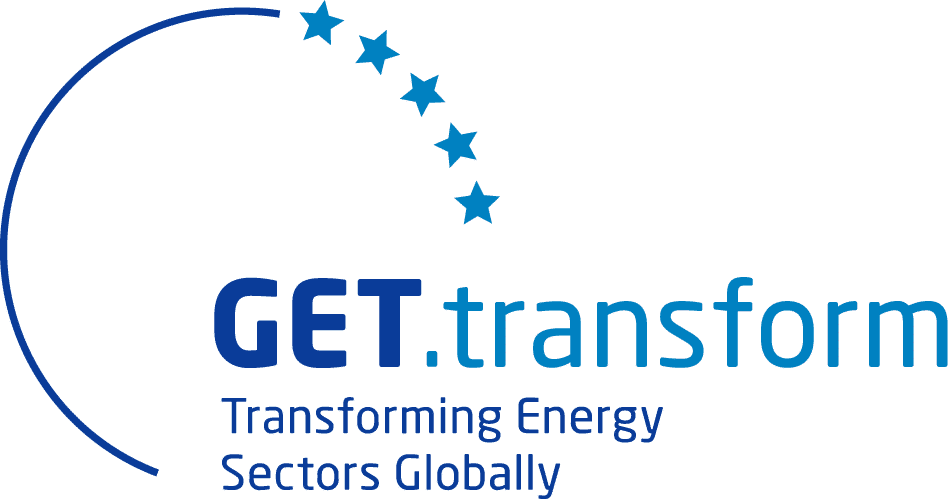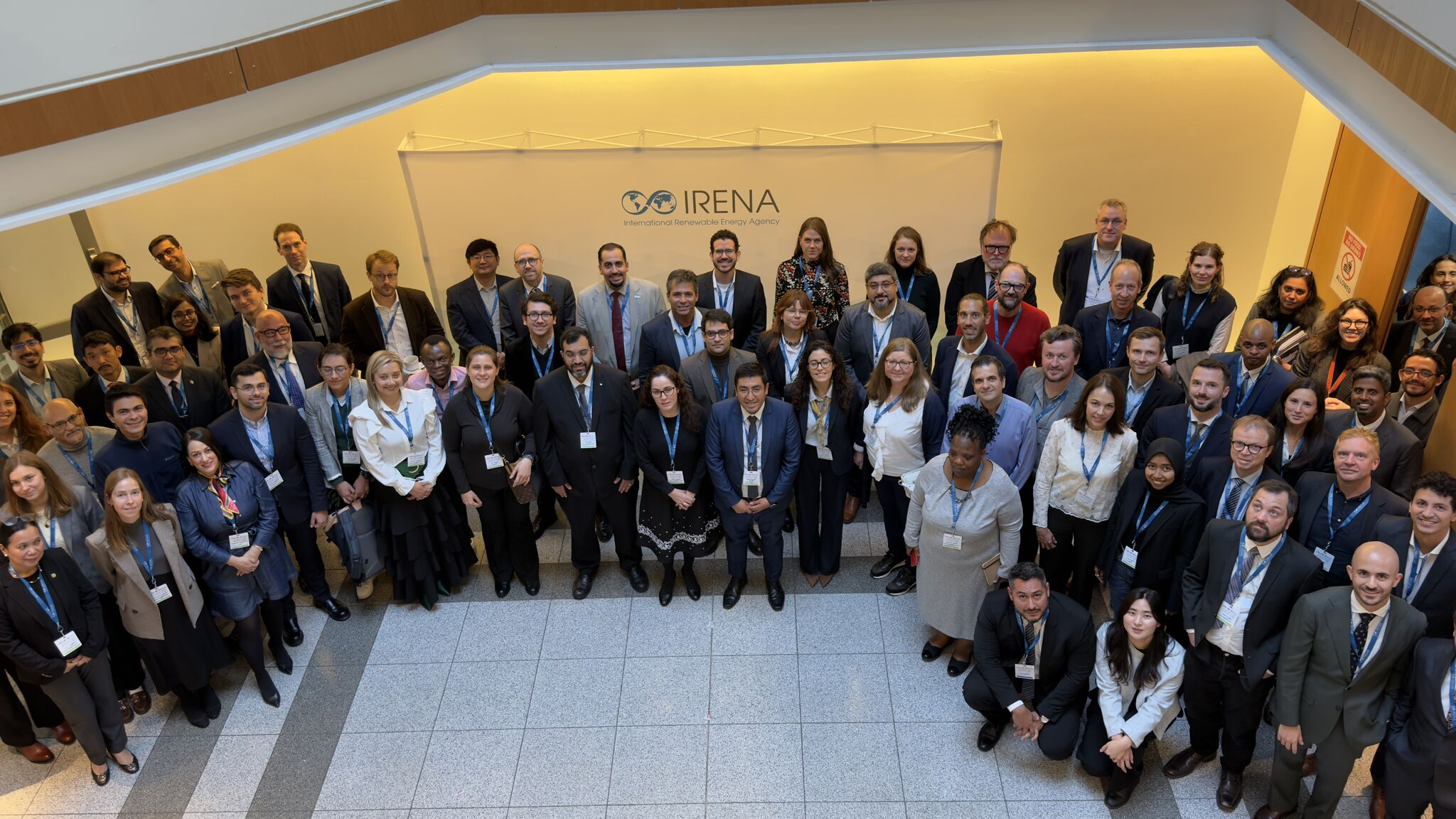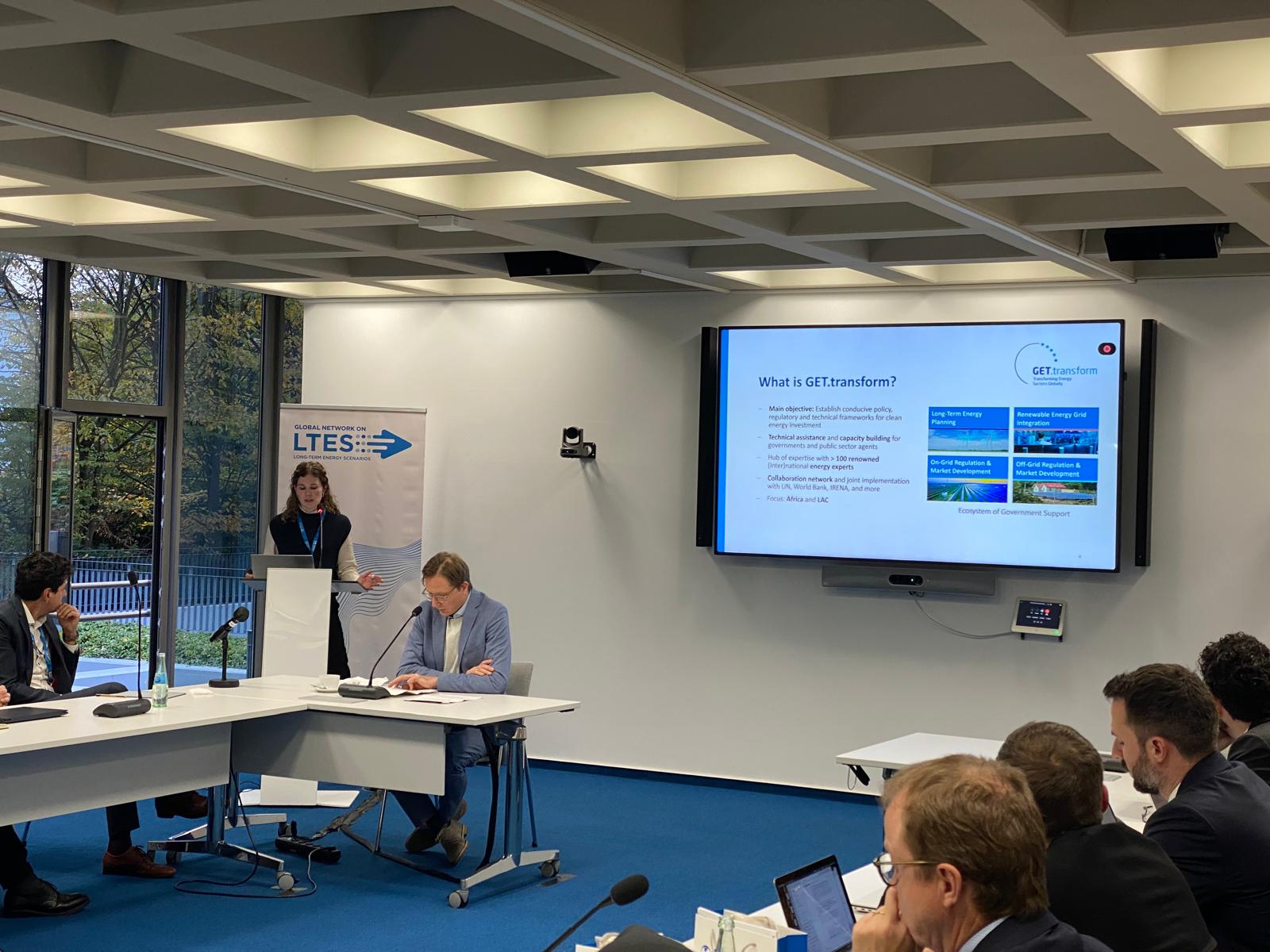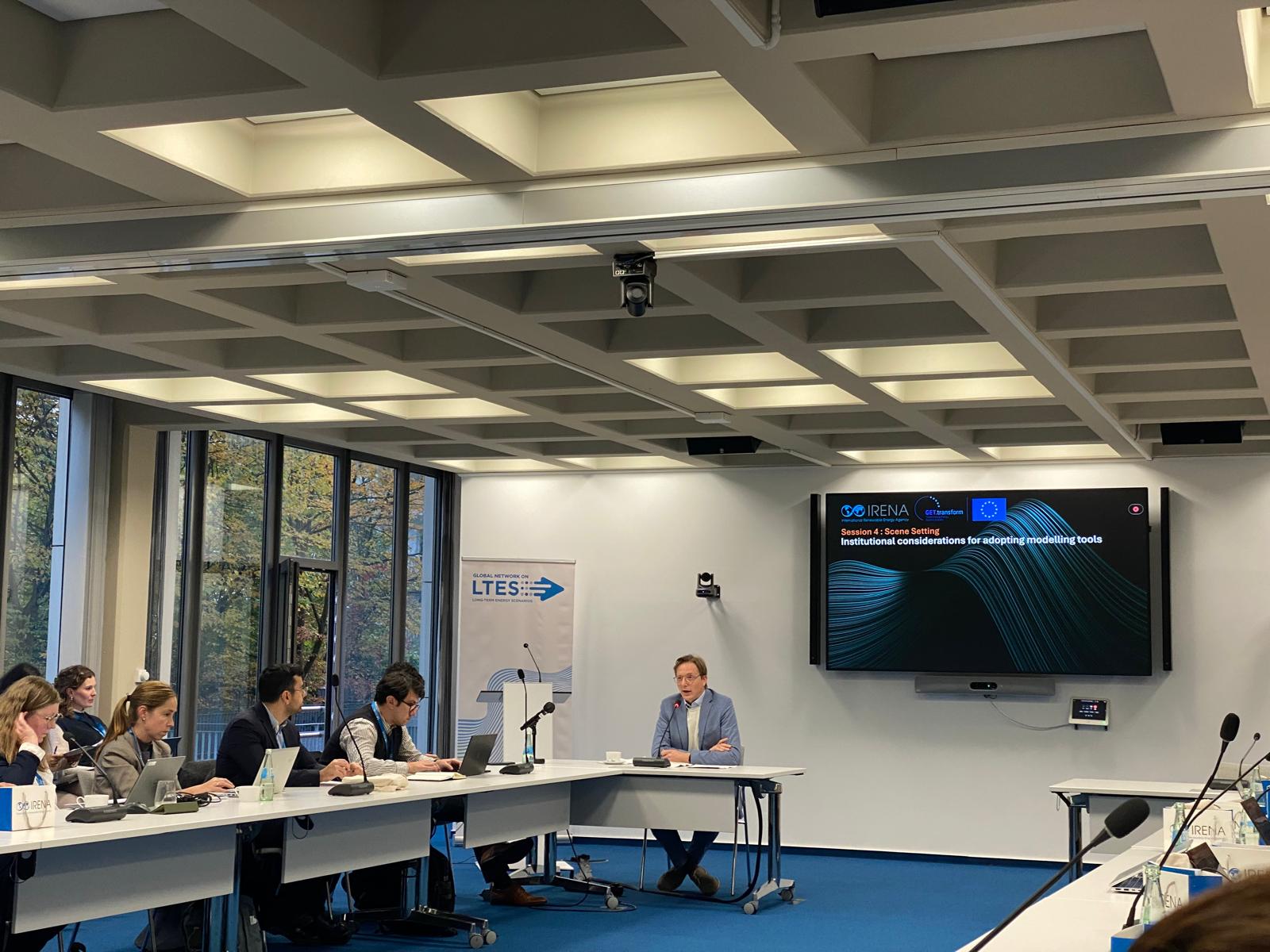From October 29-30, the 6th International Forum on Long-Term Energy Scenarios (LTES) was hosted by the International Renewable Energy Agency (IRENA) in Bonn, Germany, bringing together government planning teams, policy-making institutions, international institutions, research centers, NGOs, private sector from around the globe. GET.transform co-hosted a high-impact session on “Institutional Considerations for Adopting Modelling Tools”.
The objective was to identify governance and institutional strategies that help countries adopt and sustain modelling tools as part of their national planning ecosystems, ensuring resilience, transparency, and agility in scenario development.
This engagement directly addressed the policy-implementation gap, ensuring that long-term energy planning translates into co-ordinated, effective, and whole-of-government action. By focusing on institutional readiness, GET.transform emphasised the need for stable frameworks and skilled capacity to absorb and act on LTES insights, thereby de-risking investments and accelerating project pipelines.
The session successfully engaged a highly relevant audience of 50–60 government planners, policymakers, and private sector representatives, generating valuable insights on how countries have embedded open-source and other modelling tools into their planning systems.
Crucially, interventions from governmental planning teams of Costa Rica and Egypt, alongside contributions from the Danish Energy Agency, Energy Modelling Hub, Open Energy Transition, and Climate Compatible Growth, provided concrete lessons. Building on these insights, participants shared approaches to retain skills, manage staff turnover, and operationalise tools quickly enough to inform planning cycles. The discussion further emphasised governance and institutional ecosystems i.e. how models are made permanent parts of planning.
Finally, the forum emphasised the need for resilient and inclusive scenario content, incorporating essential factors like energy security, emerging demand-side shifts (such as the impact of Artificial Intelligence), and just transition elements to model robust and equitable energy pathways amid current global uncertainties.
In continuing its impactful collaboration with IRENA, GET.transform looks forward to future LTES Network activities that help foster the enhanced use of scenarios and thus advance the energy transformation.




